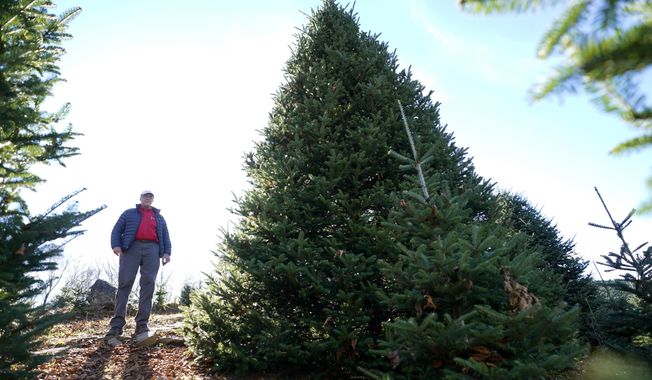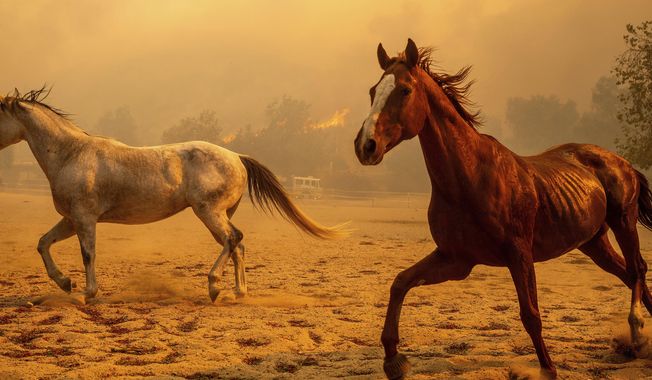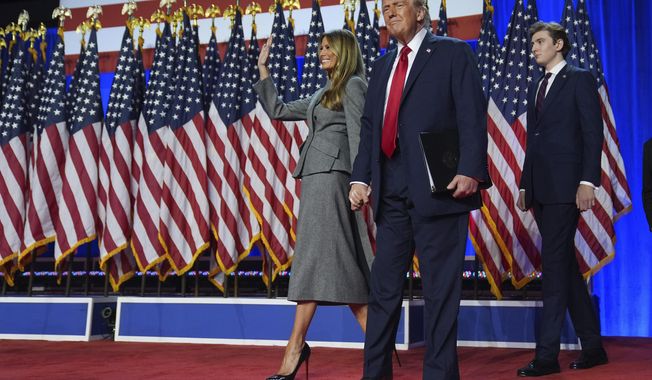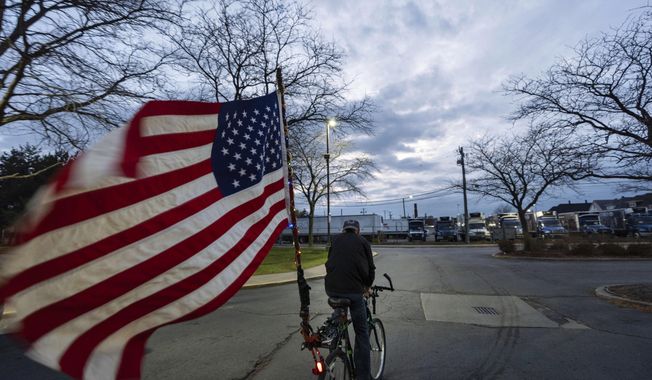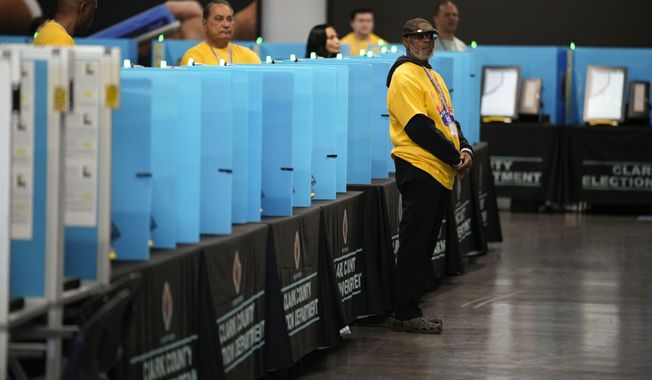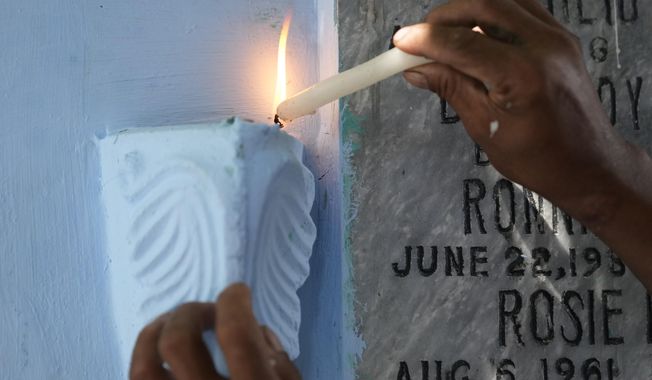
FILE - This June 22, 2019 file photo shows the exterior of the New York Times building in New York. The New York Times says it was wrong to trust the story of a Canadian man whose claims of witnessing and participating in atrocities as a member of the Islamic State was a central part of its award-winning 2018 podcast “Caliphate.” The 12-part series won a Peabody Award and was a Pulitzer Prize finalist. But it began to unravel when Canadian authorities in September arrested Shehroze Chaudhry on charges of perpetrating a terrorist hoax. He was included in the podcast under the alias Abu Huzayfah. The Times said its journalists should have done a better job vetting him, and not included his story as part of the podcast. (AP Photo/Julio Cortez, File)
Featured Photo Galleries

Trump Transition: Here are the people Trump has picked for key positions so far
President-elect Donald Trump has announced a flurry of picks for his incoming administration. Get full coverage of the Trump transition from The Washingon Times.

Trump dances onstage, takes post-election nation by storm
President-elect Trump dances onstage

